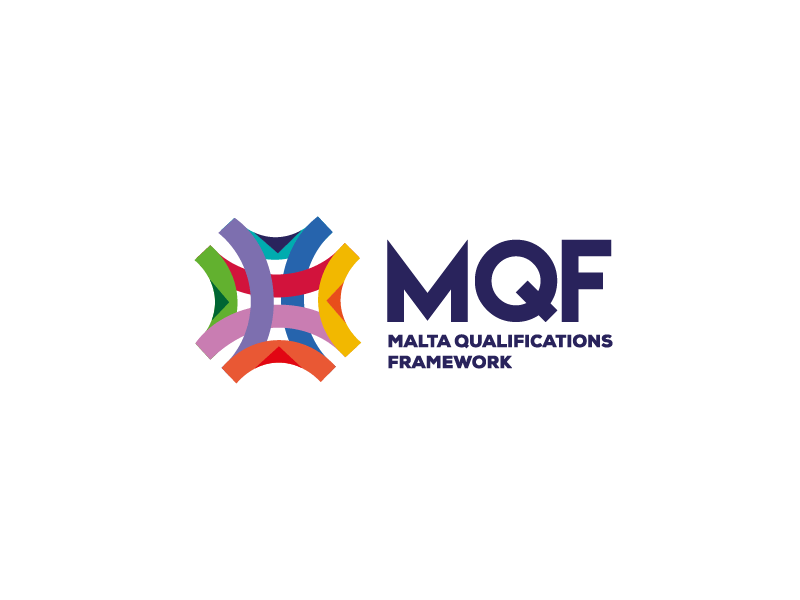Table of Contents
Designed by expert educators and industry leaders, the Master of Business Administration in Finance is specifically designed for those who aim to pursue a career in the field of finance.
This programme will help you develop an advanced level of knowledge in accounting, banking, financial planning, financial analysis, corporate finance and investments, among others.
This work-based MBA enables learners to meet the needs of industry through a combination of classroom- and work-based learning. By mixing theory with practice, the Master of Business Administration in Finance programme offers you the opportunity to gain an in-depth understanding of the various concepts and practices related to financial management. By the end of this programme, you will develop the theoretical knowledge, practical expertise and skills needed to fully interpret, carry out and effectively analyse financial statements and manage the financial aspect of a business. You will learn how to: carry out accounting that is compliant with regulations and international financial reporting standards, perform effective decision-making through the use of financial analysis, guide others on investment opportunities, and create a more cohesive and reflective environment for the team.
Awarding Body
Accrediting Body

This qualification is accredited by the Malta Further and Higher Education Authority. MFHEA deems this Master of Business Administration in Finance to be at Level 7 in the Malta Qualifications Framework and the European Qualifications Framework for lifelong learning.
Entry Requirements
Applicants should hold an undergraduate degree and have 2 years of relevant work experience. Excellent command of written English is required.
To determine your eligibility, at CMBS, we assess many factors including your education, career progression, and leadership and entrepreneurship qualities. If you do not meet the standard entry requirements and are adequately prepared to succeed in this programme, we welcome and encourage you to contact us for an interview.
Mode of Assessment
A mixed-method assessment approach will be utilised for this programme. This will include time-constrained assessments, critical essays, project work, and thesis.
Who is this course for?
This course is intended for those who are aged 21+ and aspire to work or are already working in finance management.
Delivery
Face-to-face/Work-basedLanguage
This programme will be delivered in English.
Tutor
Location
Central Mediterranean Business School
The Brewhouse
Mdina Road, Zone 2,
Central Business District
Birkirkara CBD 2010, Malta
Key Info
Duration
18 MonthsStarting
May/Oct 2024Credits
90 ECTS/ECVETEarly Submission (EU Students)
€12,273Full Price (EU Students)
€13,500International Price (Non-EU Students)
€15,500Modules
Strategic Planning and Management
This module shall introduce the students to the techniques and processes of strategic planning and management. In this module, learners will gain the necessary knowledge, skills, and competencies required to be able to effectively plan, manage, execute and monitor strategic plans within the place of work.
30 hours
Operational Management
This module aims to help learners gain an understanding of the key areas of operations management. In this module, learners will gain a solid understanding of how businesses operate, what the key levers to sustainable and successful performance are, and how they can be applied, controlled and monitored.
30 hours
This module shall provide students with the necessary skills, knowledge and autonomy to be able to conduct business research in a way that is clear, understandable and ethically correct. In this module, learners will learn how to effectively conduct research within a business context at their place of work.
30 hours
This module is designed to enable practicing managers to understand the complexities of the contemporary marketplace and make effective strategic and tactical decisions to provide value for both their customers and organisations. In this module, learners will have the opportunity to apply problem-solving techniques within the context of their organisation in relation to marketing.
This module shall introduce the students to the concepts, techniques, processes and methodologies included in financial management. Upon completion of this module, students shall have obtained the skills, knowledge and competencies required to perform strategically when it comes to financial management.
The aim of the module is to provide students with an advanced understanding of organisational analysis and behaviour. Upon completion of this module, students shall be better able to understand and solve some of the problems/crises that tend to arise in organisational contexts.
This module shall equip students with the required knowledge, skills and competencies required to be able to practice creative and critical thinking. The module shall present the similarities and differences between these two types of thinking, and underline the importance of such skills within a business environment.
15 hours
This module is designed to introduce learners to advanced concepts of entrepreneurship, including the profile of the entrepreneur, the range of different perspectives on entrepreneurship, and the activities of entrepreneurs.
15 hours
This module allows learners to understand various concepts and practices that make up financial accounting. Upon completion of this module, learners shall be able to fully comprehend and interpret financial statements. Learners will develop the skills required to be able to effectively analyse financial statements, as well as gain a thorough insight into how businesses report their business activities.
This module shall allow learners to gather an insight into the importance of financial analysis when it comes to decision-making, especially when it comes to investment opportunities. Learners will be exposed to internal and external financial analysis and learn how these assist top management in decision making and investors in deciding whether an organisation is worth investing in. Learners shall also be exposed to the differences between the two main financial analysis approaches available and when to use one over the other.
This module allows learners to become familiar with reflective practice — a skill which is of vital importance within the management of organisations. It will give the learners a space to be able to put the knowledge, skills and competencies acquired to practice through work-based learning. Students are expected to cover the outcomes highlighted in this module.
The dissertation module covers the research project that students shall be undertaking at the end of the programme. This module shall allow students to implement the knowledge, skills and competencies that they acquired throughout all of the modules.
Have questions?
Email us at admissions@cmbs.edu.mt or call on +356 9912 1110 to learn more.











